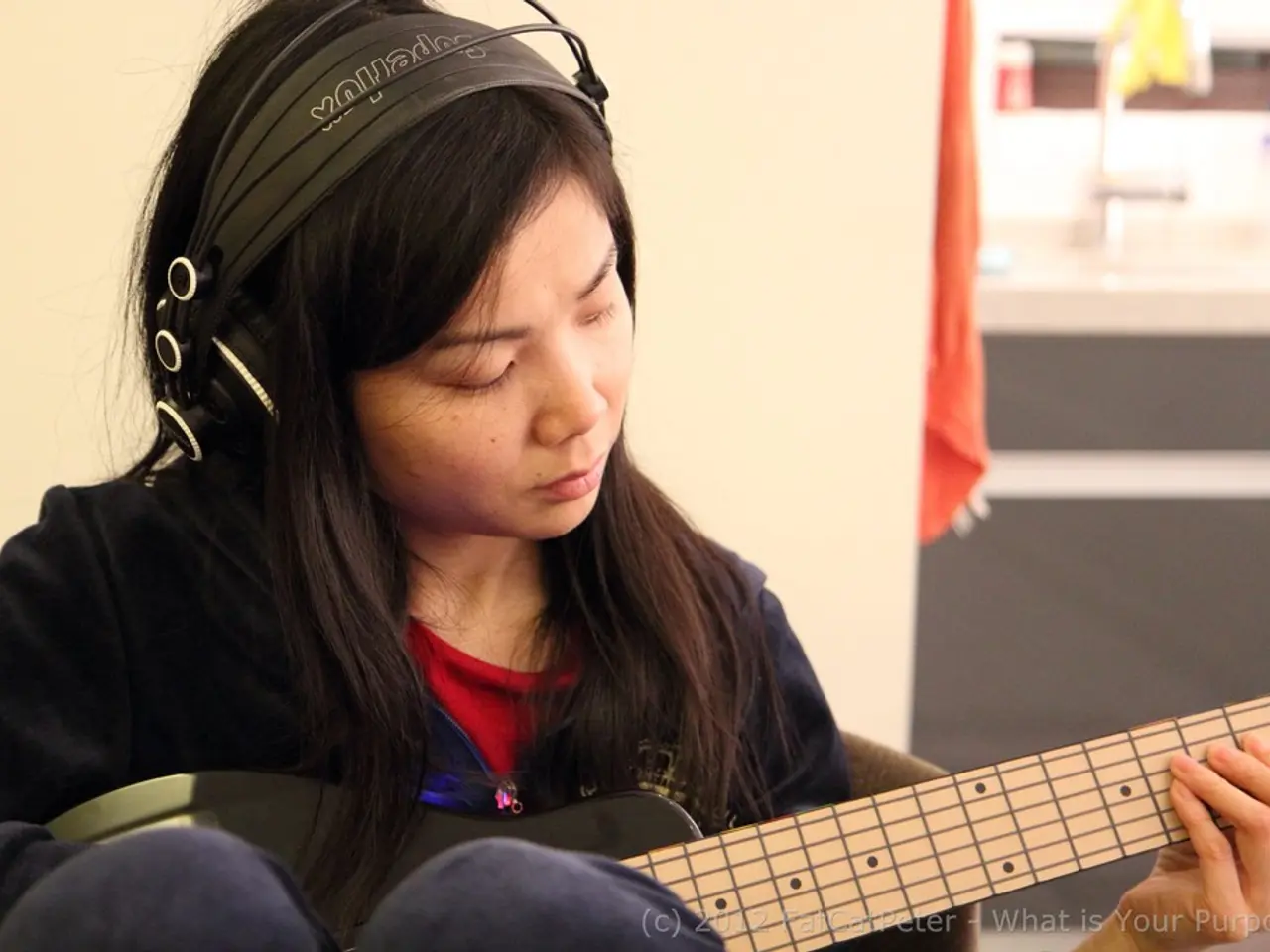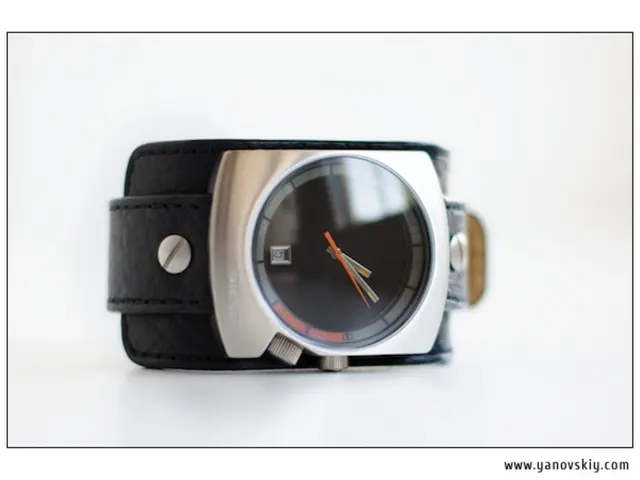Custom-designed medication slows down progression of ALS in an individual; could this be the next step in treatment?
In a groundbreaking development, the n-Lorem Foundation, a nonprofit organisation dedicated to creating individualized treatments for patients with rare single gene mutation-caused diseases, has made significant strides in the fight against Amyotrophic Lateral Sclerosis (ALS).
The Food and Drug Administration (FDA) has approved only four ALS drugs since 1995, with the most recent being an Antisense Oligonucleotide (ASO) called Qalsody from Ionis Pharmaceuticals. However, the n-Lorem Foundation's approach is unique as it doesn't alter genes but silences them, potentially preventing the disease from rapidly progressing.
Qalsody, the first FDA-approved ALS drug that targets a genetic mutation, called SOD1, has shown promising results. Studies have demonstrated that Qalsody can slow disease progression and even improve symptoms in patients. In the U.S., SOD1 mutations account for about 2% of ALS cases, or roughly 500 people.
Among people with familial ALS, 70% have a known genetic mutation. Among them, CHCHD10 is one of the roughly 40 genes that scientists have identified as the cause of about 20% of ALS cases. Dr. Rakesh Parekh, an emergency medicine doctor and father of three, was diagnosed with ALS caused by a mutation on the CHCHD10 gene in 2021.
In April 2024, Parekh received a personalized drug from the n-Lorem Foundation, an ASO that targeted his specific mutation. This marked the first time that CHCHD10 mutations in someone with ALS were targeted in a treatment.
The effects of the personalized treatment on Parekh are unclear as it is a new treatment and more people need to get it to understand its durability. However, in Parekh's case, the targeted therapy appears to have slowed the progression of his ALS by more than half.
The development of a drug for other people with a mutation on the same gene will be much quicker now that the personalized drug has been made. Dr. Suma Babu, an ALS researcher, believes that ASOs, like the one used in Parekh's treatment, "will be transformative for certain subtypes of ALS."
It's important to note that approximately 10% of people with ALS have familial ALS, which is genetic and passed down. Among those with sporadic ALS, the number of those with a known genetic mutation drops down to around 10%. This highlights the need for more research and personalized treatments like the one developed by the n-Lorem Foundation.
The search results do not provide the name of the foundation that developed the antisense oligonucleotide for Dr. Rakesh Parekh, nor the date of its founding. Regardless, this breakthrough offers hope for those affected by ALS and demonstrates the potential of personalized medicine in the treatment of rare diseases.
Read also:
- Long-Term Prescription Drug Impact on Brain Function
- Benefits, sources, and supplements for Vitamin D and its role in addressing osteoporosis
- Diabetes Management during Pregnancy: Keeping Tabs on Blood Sugar Levels and Lifestyle Adjustments
- Life Expectancy with Interstitial Cystitis: Exploration of Research, Treatment Methods, and Additional Information







